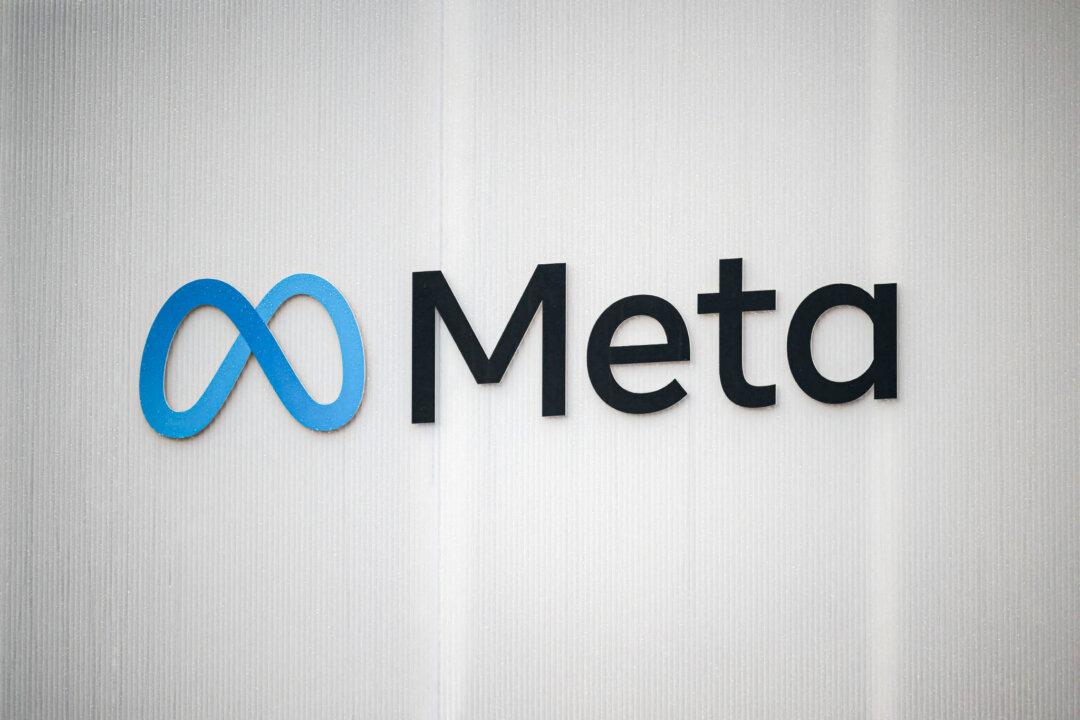Meta said on Monday that it was banning RT, Rossiya Segodnya, and other Russian state media outlets from its social media platforms due to alleged foreign interference activity.
Meta said that Russian state media outlets will be blocked from accessing Meta’s apps globally, including Facebook, Instagram, WhatsApp, and Threads.





